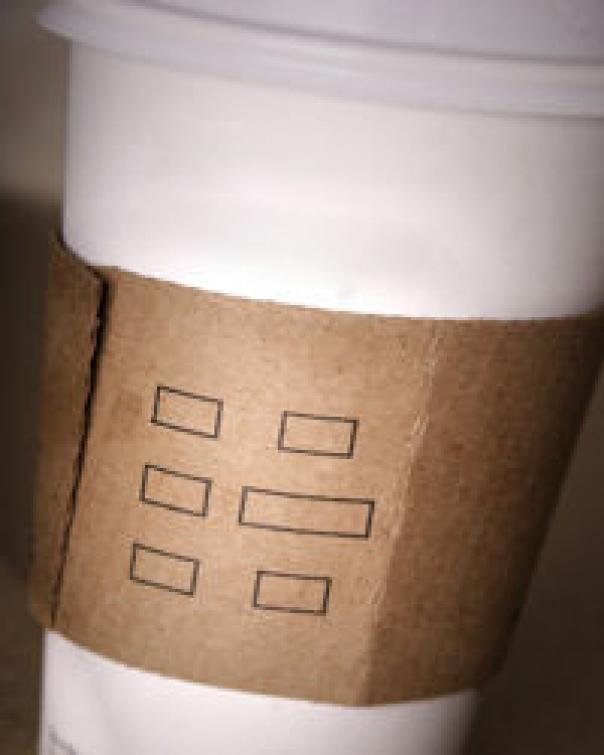
In its response to the government consultation on the Levy, the Association of Directors of Public Health argued that sweetened coffees should be subject to the new levy.
It stated: “Coffee shops which use these types of liquid flavourings have been in the spotlight recently for the staggering amount of sugar contained within many of their beverages.
“These drinks may not be a huge problem for young children, but the coffee shop culture appears to be growing amongst young people and can contribute to their sugar intake significantly.”
It highlighted that a macchiato from the likes of Costa and Starbucks contains approximately 26g of sugar, the majority of which comes from the vanilla syrup added for flavour. The drink contains around 86% of the maximum recommended daily intake of free sugars.
The ADPH added: “Not including liquid flavourings in the levy will mean producers of these types of popular drinks will not need to reformulate their recipes. This not only hinders the change in culture around sugary drinks, but may also be misleading to the customer, who could assume these drinks are not affected by the levy because they are not high in sugar.
“Leaving this area unlegislated seems to invite product innovation in a way that would side step the levy and the potential benefits it can provide. Implementing this legislation will take a significant amount of time and effort, so it is important to gain the maximum public health benefit.”
The Association also concluded that the government’s definition of added sugars should be wider and instead follow the Scientific Advisory Committee on Nutrition (SACN)’s term of ‘free sugars’, in line with recommendations from the World Health Organisation.
‘Free sugars’ encompass all monosaccharides and disaccharides added to foods by the manufacturer, cook or consumer, plus sugars naturally present in honey, syrups and unsweetened fruit juices.
“Whatever the definition used, it must include a catch-all wording that enables the government to act quickly in response to industry innovations with potential adverse effects on obesity control,” the ADPH urged.
The consultation document also questioned how initiatives such as breakfast clubs that have been funded through the levy would continue to be supported should less money be raised from the tax.